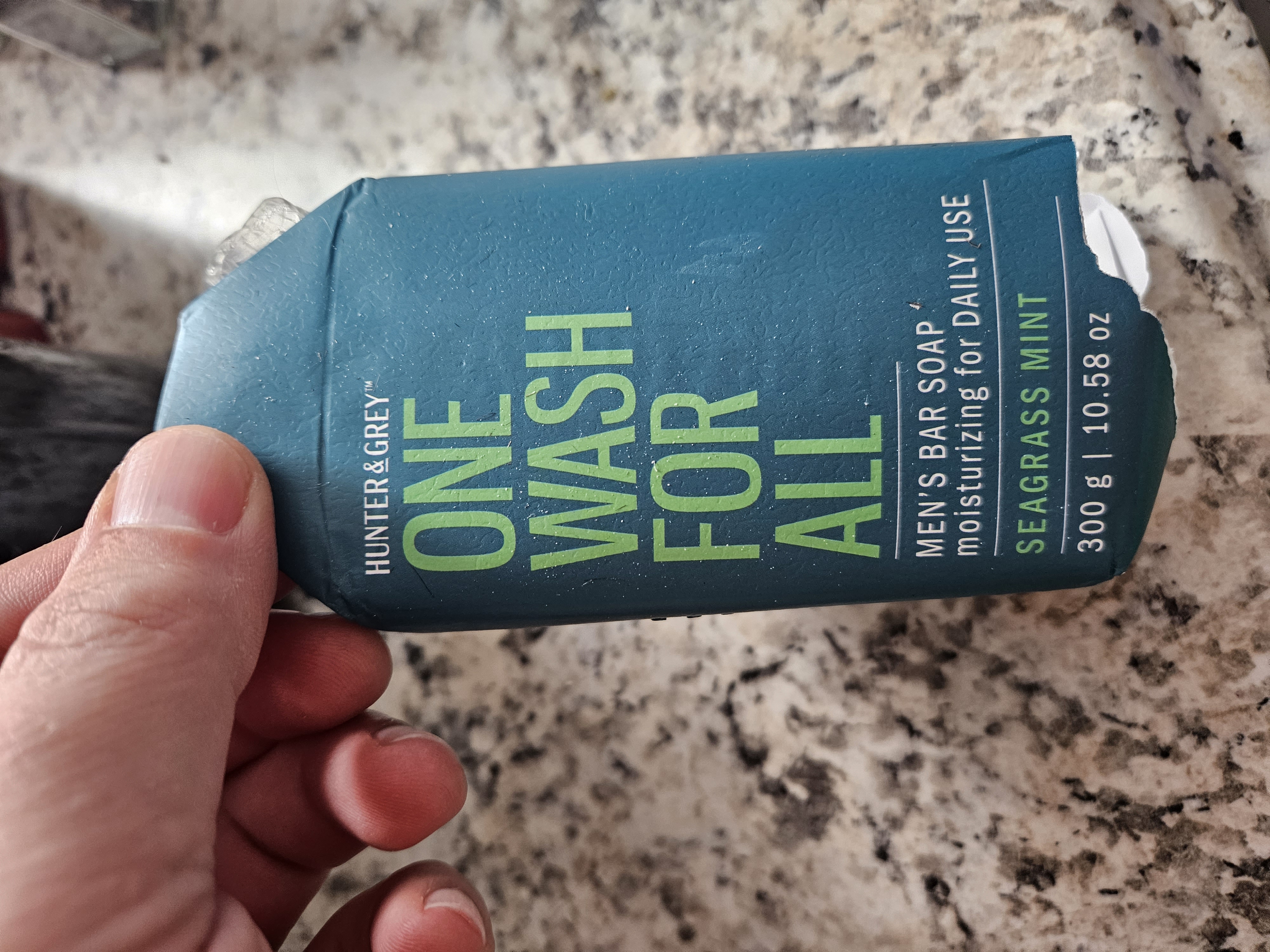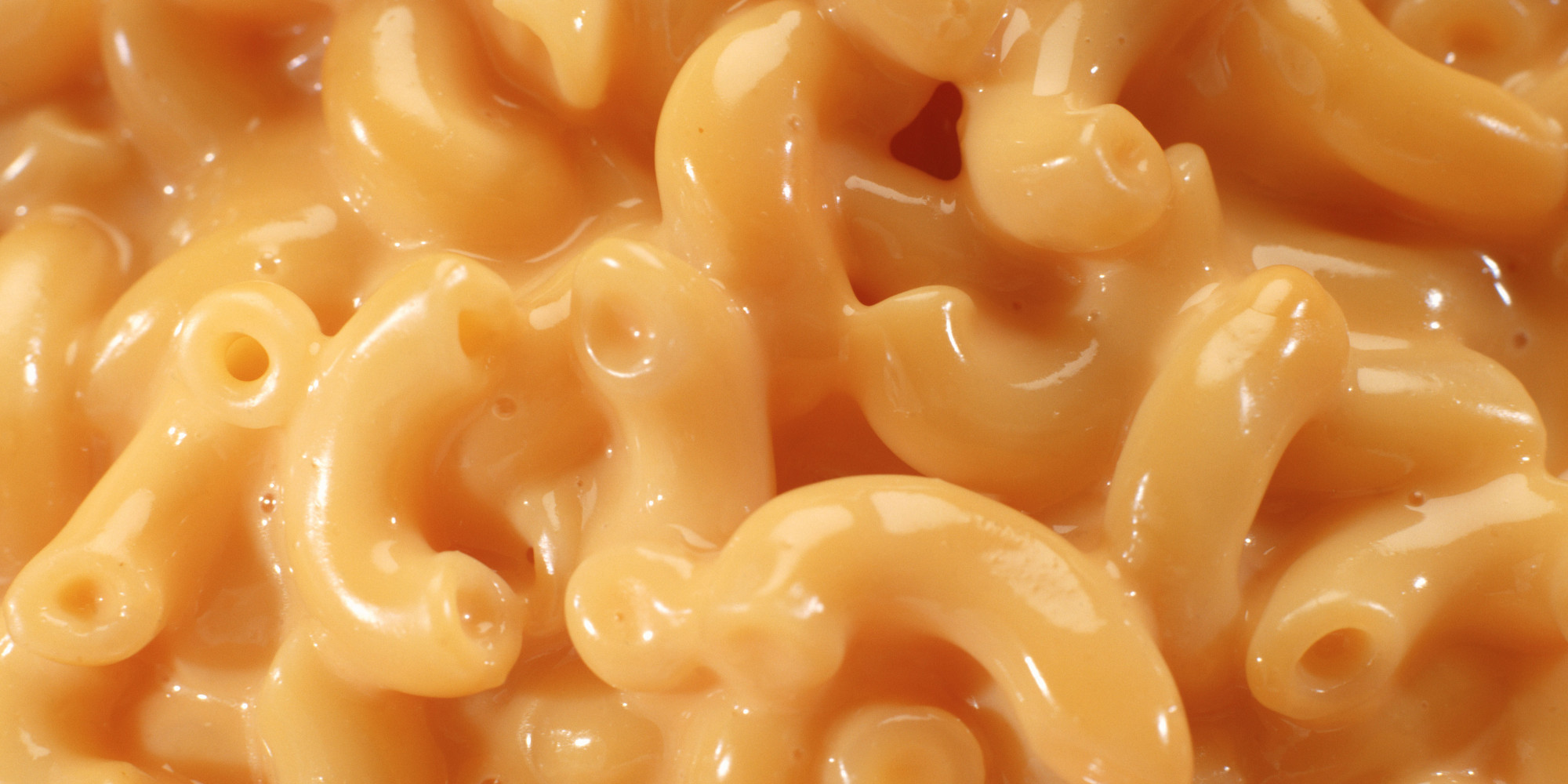Because they’re (Unilever) still in Russia. One that has the moisturizing effect like Dove. Normal ones don’t work well with my skin.
*In Canada, but any major brands should be around.
Not sure where you are but you might want to check local small makers/ farmers market. The soap lady at my local farmers market has the best soaps - I no longer use anything else for showering. It looks pricey but the bars are large and last a very long time. She finally has an online shop. https://skincarebyfeleciai.com/collections/soap
I sure hope her slogan is “Buy Feleciai”
https://thistleridgesoap.com/ is another. Great soaps, though she’s retiring soon, so I’m looking for alternatives too.
Maybe try a castile or black soap - I like thoseAlso sometimes you can get the ugly off cuts in bulk for a discount
She hands small cuts out as samples. I asked to buy some to hand out one year as gifts while hostel traveling and she gave me a bunch for free.
I am also very interested in this. When I researched it, all the suggested replacements were made by other companies who do business in Russia or generally have questionable practices (like Olay or Cetaphil).
What questionable practices does Cetaphil have?
I’m glad you asked - they used to be owned by Nestle, but it looks like that hasn’t been the case since 2019! So I was acting on outdated info. Maybe Cetaphil is the replacement we are looking for! Their gentle cleansing bar is (or used to be - haven’t used it in a while) very moisturizing.
Removed by mod
Olay is made by Proctor and Gamble, and Cetaphil is made by Galderma. The former does business in Russia (factories), I’m not sure about the latter. As far as the conscription order, I think Unilever is the only soap maker complying?
CeraVe carries a moisturizing/hydrating cleanser in liquid and bar form that I think you will like. It feels creamy and doesn’t dry out the skin like other cleansers.
I have sensitive inflammation-prone skin and must have a low-level degree on dermatology at this point LOL. I like using CreaVe products since they are a good price and have good simple ingredient lists. My dermatologist approves of these products too, which is nice. If you can spend a little extra, you can also try La Roche Posay’s hydrating cleaser too. Very nice quality products.
I mean going from Unilever to CeraVe which is owned by Nestle might be a sideways move at best.
I thought it was owned by loreal, and I thought that wasn’t owned by anything else.
Nestle has a 20% stake in L’Oreal, but they don’t own the company.
Nestlé owns around 30% of L’Oreal
Dove soap isn’t actually soap, they have to call it other stuff legally, like the solid soap bar is called “beauty cream bar”, so it might be actual soap that bothers you.
However if it isn’t, lush does some gentle ones, I have sensitive skin and tend to go for their oatmeal ones a lot, “Honey I washed the kids” is known for being particularly good.
If you’re in the UK/Europe I’d recommend Mitchell’s Wool Fat soap. It’s another one containing lanolin like Dove but I find it nicer on my skin. Might be able to get their stuff in the US too - you can definitely buy their shaving soap there.
Make your own, or if you don’t want to, look on social media for somebody who does in your area. Chances are you’ll find a person, and once you try homemade craft soap you’ll not want to go back to factory-made stuff. Plus you’ll be buying locally, which is good.

There’s no ethical consumption under capitalism. Whatever brand you switch to will probably have some horrible shit going on that we’re unaware of. When forced to choose between the lesser of two evils, you still have to justify an evil. Just buy whatever makes you happiest and try to put good into the world.
Ethics aren’t a binary. Everything comes in shades of grey, and that means that each person gets to choose what the threshold for them is.
Competely rejecting that choice because neither option is absolutely good is the road to nihilism.
I agree that ethics aren’t binary, and the threshold of your selection is defined by which evils you’re willing to tolerate. How much grey are you willing to support?
I don’t believe the slope to nihilism is that slippery. I was merely trying to advocate for OP’s mental wellbeing. If they’re able to find a soap they like that isn’t related to the company they’re trying to avoid, good for them.
However, undoubtedly, whatever company they select will have some shades of grey. For the sake of argument, let’s say Company A is supporting a war OP disagrees with. Company B is committing wage theft and is polluting the environment worse than Company A.
Now OP has to decide. Short of making their own soap, they have to support something they might not be completely comfortable with. Or, which is the point I was originally trying to make, is that we all have to deal with shady companies doing awful things and there is little we can do about it. So OP might as well use the soap that makes them happy with how their skin feels.
Or perhaps OP could shoplift the soap they prefer. They get the skin they enjoy without having to support big box stores or they company that makes the soap. We have options here.
This is, again, a false dichotomy. There are also companies from C through to Z that, despite operating within a system that allows or even encourages immoral activity, try to operate in a moral and sustainable way themselves.
Why not buy online from an individual who grows their own ingredients and makes their own, ethical, net-zero produce? Or go to vendors at your local market?
Pretending that “they’re all as bad as each other” helps absolutely nothing.
But now we have to research and investigate companies C through Z to make sure they meet our moral standards. We wouldn’t want to give our money to a bad cause. In a profit driven market, win-at-all-cost mentalities are rewarded. Corners get cut, laws are broken, and the fines to pay off the government for breaking those laws are cheaper than the cost to fix the issues and comply with the law. Dig enough and any large corporation will have some level of morality issue. Racist CEO’s, misogynistic HR reps, middle managers that exploit their workers.
So OP goes online, finds a guy named Tim who makes their own soap. It’s ethical, sustainable, it leaves OP’s skin feeling wonderful. It costs $26 for 8 ounces. When verizon was digging the cables OP used to connect to the internet, they ruined groundhog habitats. The point is, there is always going to be something negative. Good for OP for sticking to their morals and trying to find a soap that invests in something they believe in. So where is the line drawn? Where do you stop investigating businesses to see if their morality matches up with your own? The investors? The CEO? Debra in accounting?
Also, I’m not pretending they’re all as bad as each other. I know they’re all as bad as each other. Global capitalism is a system in which we’re forced to participate, and now I have to do hours of research to justify a soap purchase so I can feel clean physically and mentally. Now I’m wondering about my coffee purchases. What about that candle I bought?
I’m not trying to be contrarian or difficult, I’m just trying to provoke thought. I’m sure OP is reading this and is wondering how a simple post about soap could go so far off the rails. We could discuss this and all it’s odds and ends for hours.
I know they’re all as bad as each other.
If you’re trying to provoke thought, think a little about this statement yourself. This is clearly untrue.
Just because you can always dig deep enough to find a negative, it doesn’t imply any sort of equivalence.
I’ve done things I’m not proud of, but I’ve never committed genocide. Am I as bad as Hitler?
Now, does that mean that we need to research all of our purchases deeply enough to know every minor cost to humanity and the world associated with that purchase? No, but we can make the best decisions we can with the information we have.
You don’t get to become a company able to compete on a global scale without being unethical. Capitalism relies on exploitation.
What I’m asking is it worth the effort to dig so deep to find negatives? I certainly don’t have the time to do so with every purchase I make. If I can’t afford Tim’s soap, does that make me immoral for having to buy problematic soap?
I’d have to look into the things you’ve done that you aren’t proud of before I buy from your etsy.
I agree, know better and do better. But if we need to question our soap purchases, what isn’t being made with questionable methods or intentions?
We all have to make decisions based on our own principles and with our own priorities, based on the information we have.
If I knew Tim was a murderer, I might not want to support his business. Up until I knew that, I might have enjoyed his products.
It’s not our responsiblity to be all-knowing, but once you do learn something it becomes part of your decision-making calculus.
Then again, even if Tim’s a murderer, his soap might be really good.
I hate that this is true, but if someone has chosen to switch and they can afford to do so, than they should. They just shouldn’t think that that’s where their power starts and ends. Real change doesn’t come from our wallets.
I agree, if they have the means to switch and can find a suitable replacement, they should. The point I was getting at is that if OP decides to search and dig and research, if they’re able to find a company they agree with, only to get skin they’re not comfortable with, seems like an unfortunate waste of time and effort and money.
At this point, though, it’s more of a thought experiment of ethical consumption under capitalism. There’s too many ‘if’ statements to realistically defend or justify every line of thought in this discussion. I wish OP the best of luck in finding a new soap.
Is it possible for you to go without soap entirely?
Sure, but you might not be very popular with potential mates if you don’t.
Only if you want to appear unkempt and crazy looking. For the betterment of society, please dear God, use soap.









